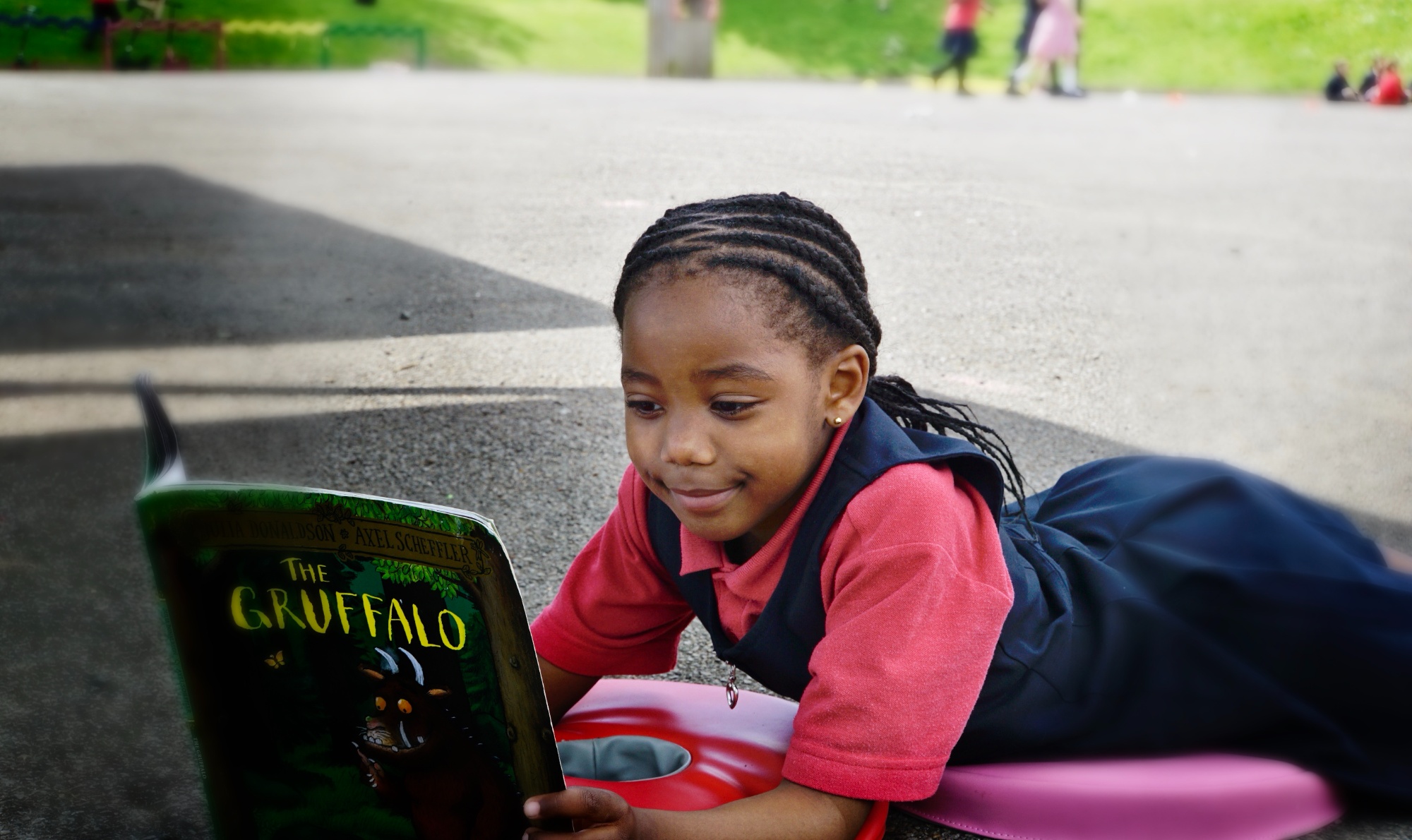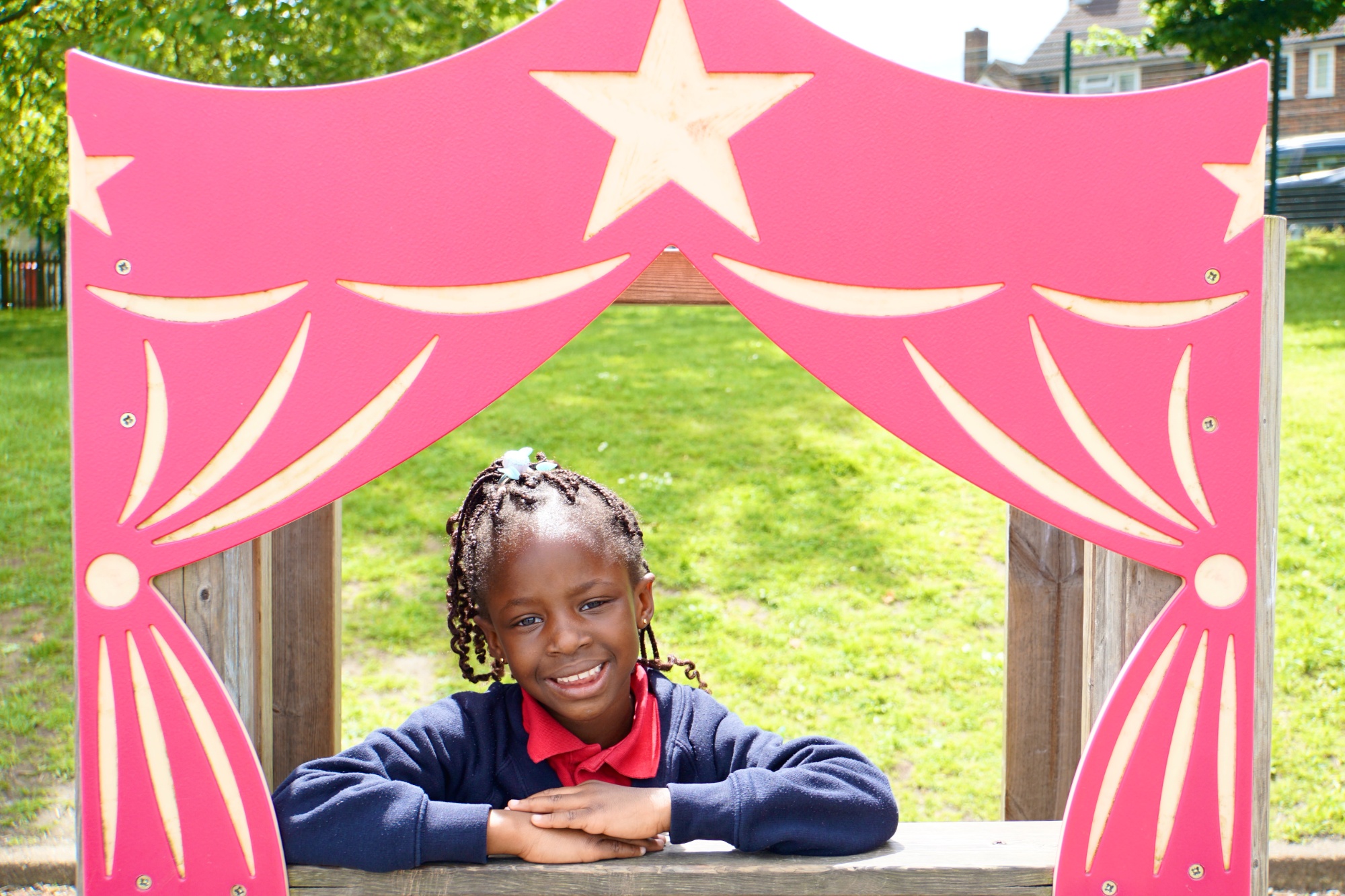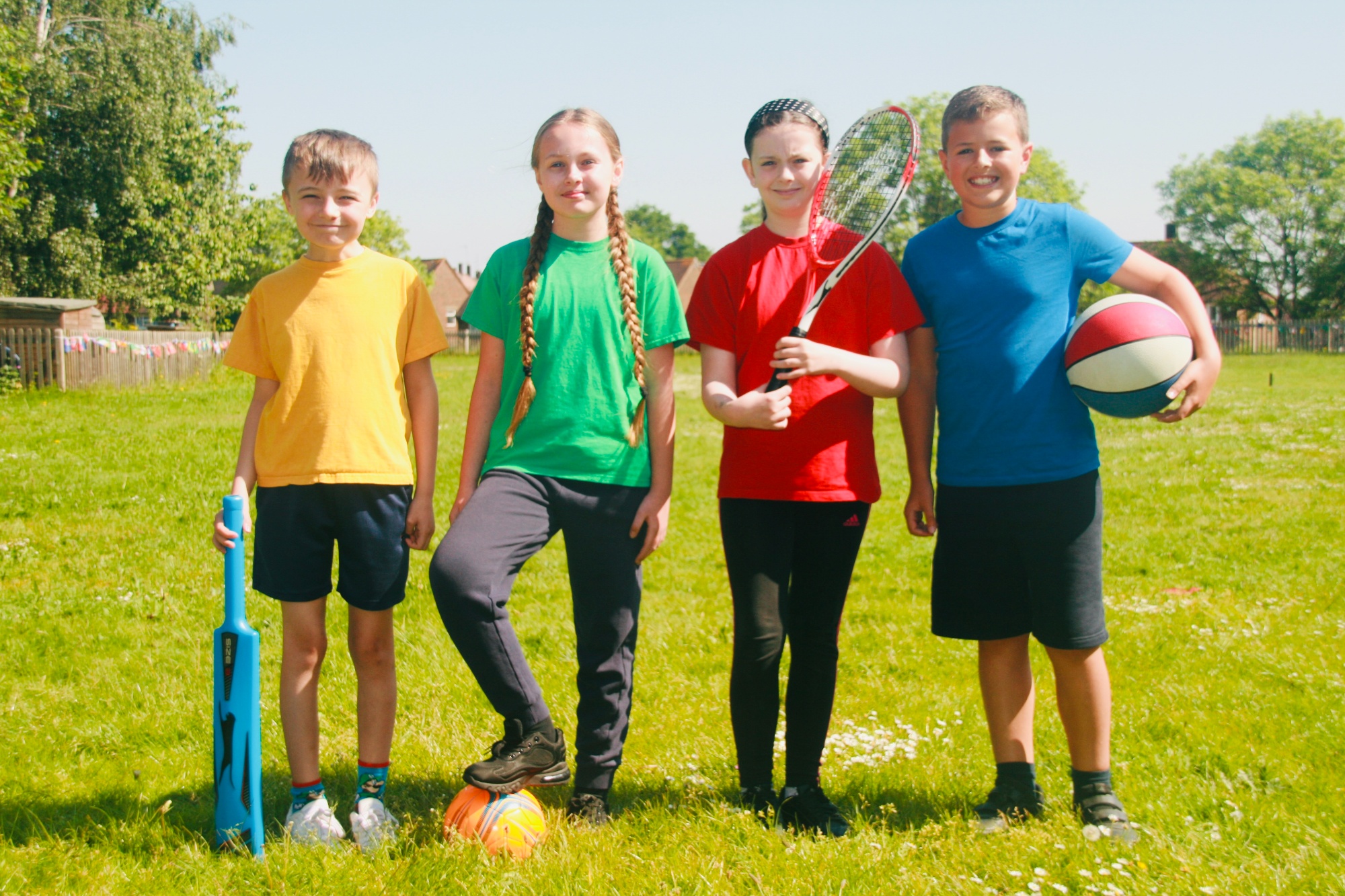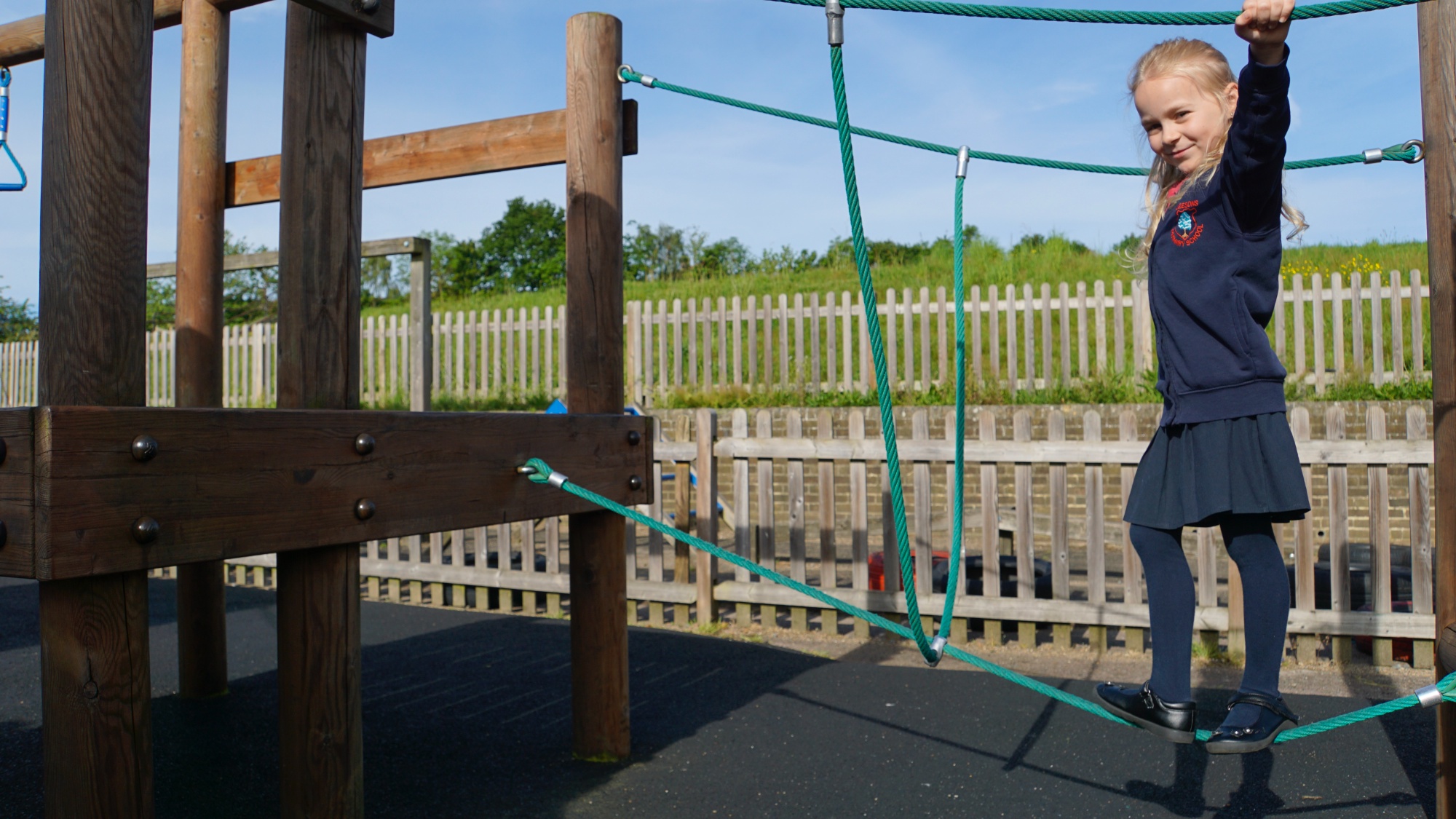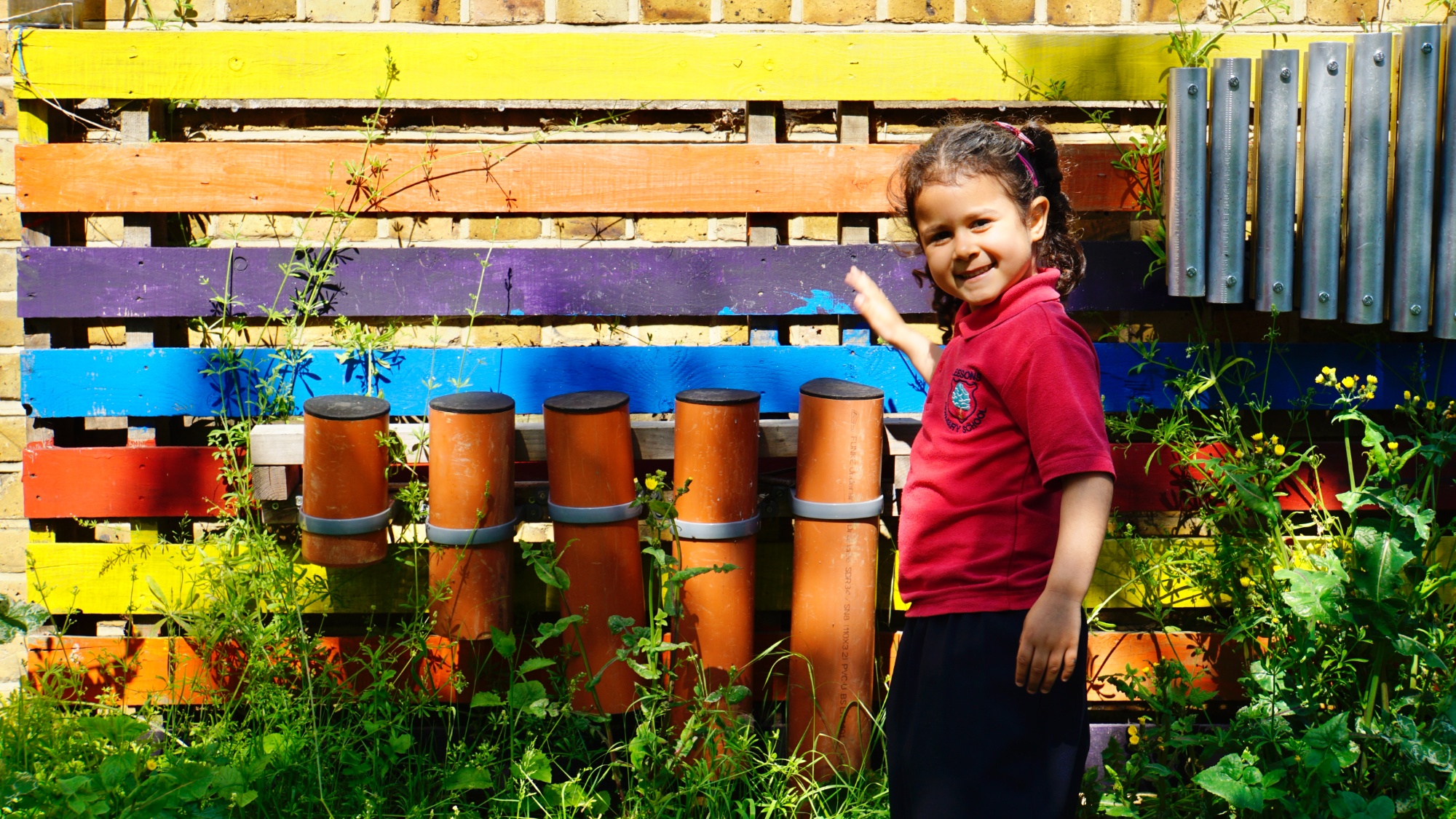History
Intent
History is all around us. It is the ‘how’ and the ‘why’ of life today. The study of history ignites children’s curiosity about the past in Britain and the wider world. Through finding out about how and why the world, our country, culture and local community have developed over time, children understand how the past influences the present. History enables children to develop a context for their growing sense of identity and a chronological framework for their knowledge of significant events and people. What they learn through history can influence their decisions about personal choices, attitudes and values by gaining a deeper understanding of all people and civilizations. Within The Spring Trust, our intent, when teaching history, is to stimulate the children’s curiosity in order for them to develop their knowledge, skills and understanding of the people and world around them.
Implementation
Our whole curriculum is shaped by our school vision which aims to enable all children, regardless of background, ability, additional needs, to flourish to become the very best version of themselves they can possibly be. We teach the National Curriculum, supported by a clear skills and knowledge progression. This ensures that skills and knowledge are built on year by year and sequenced appropriately to maximise learning for all children.
History is taught chronologically, in accordance with National Curriculum guidance, through the school from years 1-6 with a focus on the core knowledge philosophy and the development of key skills. It is important that the children develop progressive skills of a historian throughout their time at Leesons and do not just learn a series of facts about the past. In History, pupils will find evidence, compare sources and reach their own conclusion. To do this successfully, as historians, they need to be able to research, interpret evidence, including primary and secondary sources, and have the necessary skills to argue for their point of view; skill that will help them in their adult life. These are the skills we aim to teach the children throughout their time in Leesons.
Quizzing Culture
In 2013, researchers published a review of hundreds of studies to explore which strategies are most likely to lead to long term learning: they found two techniques to be the most effective for improving long term learning- Retrieval practice – quizzes, past papers, multiple choice questions and Distributed practice – ‘spacing’ their learning over multiple sessions rather than teaching in blocks. At Leesons we have embedded a quizzing culture throughout our teaching of History to ensure children’s learning is retained and remembered for years to come. Through rapid recall, quizzing, questioning and experiential learning the children build a rich bank of factual knowledge which effects the way they access all other areas of the curriculum.
Impact
By the time the children at Leesons leave our school they should have developed:
- ∙ A secure knowledge and understanding of people, events and contexts from the historical periods covered.
- ∙ The ability to think critically about history and communicate confidently in styles appropriate to a range of audiences.
- ∙ The ability to consistently support, evaluate and challenge their own and others’ views using detailed, appropriate and accurate historical evidence derived from a range of sources.
- ∙ The ability to think, reflect, debate, discuss and evaluate the past, forming and refining questions and lines of enquiry.
- ∙ A passion for history and an enthusiastic engagement in learning, which develops their sense of curiosity about the past and their understanding of how and why people interpret the past in different ways.
- ∙ A respect for historical evidence and the ability to make robust and critical use of it to support their explanations and judgements.
- ∙ A desire to embrace challenging activities, including opportunities to undertake high-quality research across a range of historical topics.
We also provide opportunities for the children to use ICT to either research their topic to generate questions or present their learning. Within each topic the children are expected to produce extended pieces of writing.
Leesons Primary School promotes the learning of British Values, with talks of democracy throughout the ages and discussions about the rule of law, tolerance and rights of people.
